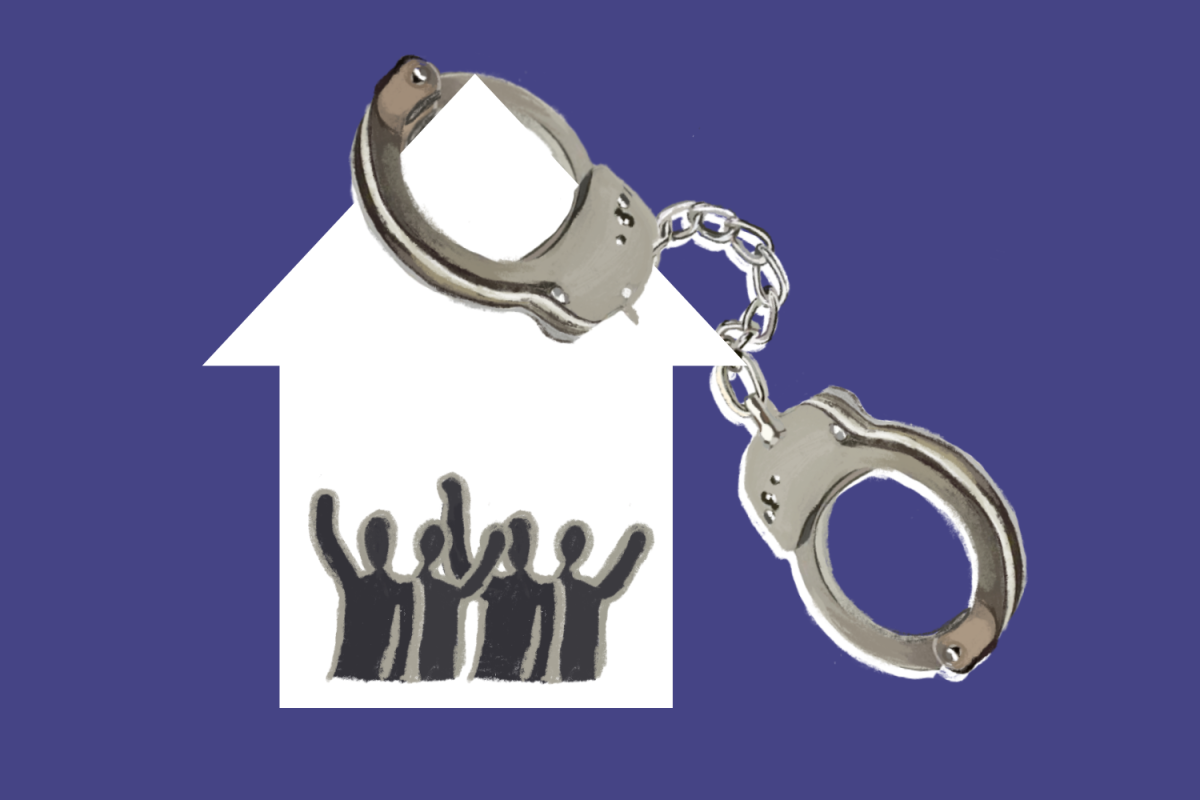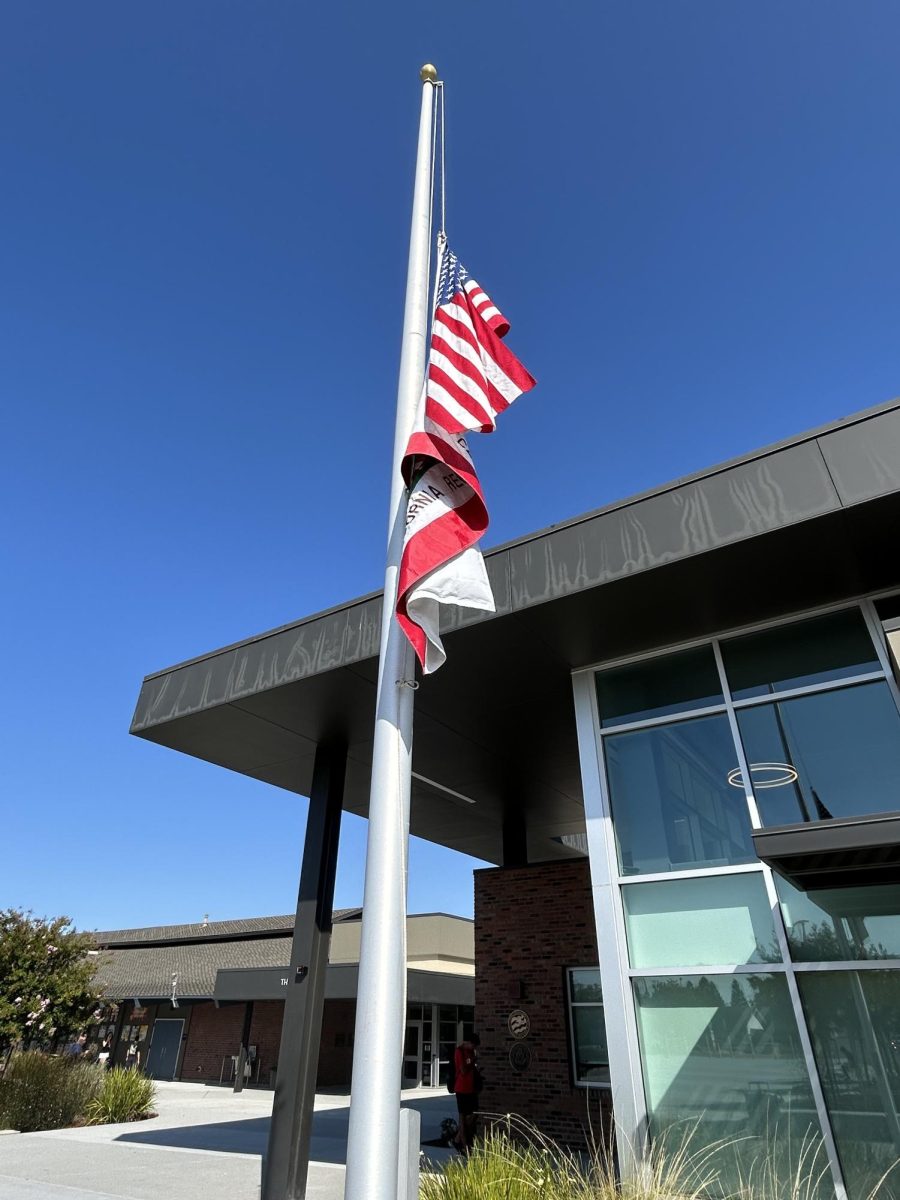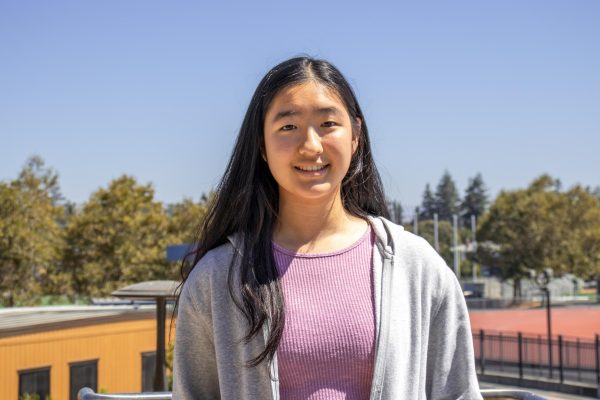In his 2025-26 March budget message, San José Mayor Matt Mahan proposed a new policy to address homelessness: require unhoused individuals to accept shelter or face arrest after refusing help three times within 18 months. The policy came as San José continues to grapple with its homelessness crisis. While this is framed as a balanced approach, the policy punishes people for their poverty rather than addressing the root causes of homelessness, suggesting a shift toward policing over prevention. Involving law enforcement could further traumatize vulnerable people and trap them in the homelessness cycle, instead of providing a path out.
Mahan, who campaigned on a platform of reducing homelessness, has argued that enforcement is necessary to improve public safety and encourage individuals to accept shelter. However, his proposal also reflects the mounting public pressure to clear encampments and restore public spaces, especially as San José continues to face an urgent homelessness crisis. Nearly 200 unhoused people died in Santa Clara County last year, and the city currently ranks fourth in the United States for homeless individuals per capita. In a political environment where visible action matters, it seems as if Mahan prioritizes his public image as a mayor over genuinely supporting his city’s homeless population.
His proposal, outlined in an interview with KRON4 news, states arrests would only occur when shelter is available, and that the city’s “low-barrier” options allow people to bring partners, pets and personal belongings. This seems to alleviate the common reasons individuals reject shelter, yet these shelters can still feel unsafe or traumatizing, particularly for those with mental illness or past trauma. In this light, enforcement becomes not a gateway to support but a threat — a way to coerce people into systems they may not trust or feel safe in. It does little to change the underlying dynamic. Unhoused people are still being punished for their circumstances. If the only choices are to accept shelter or face arrest, the approach remains punitive and risks alienating those it aims to help.
“It doesn’t seem like this policy is going to do anything or be positive in the long run,” freshman Politics Club member Anika Khanna said. “It feels like a way to get unhoused people out of sight and out of mind rather than tackling the actual issues.”
While San José has expanded its shelter network, including adding more than 1,000 temporary units such as tiny homes, motels and safe parking lots, the city’s enforcement-first approach still places the burden on individuals who are already navigating poverty, instability and trauma. A February city report found that only 541 people out of the estimated 5,477 unsheltered residents in San José have turned down services, suggesting that the majority want help.
When people are punished for turning help down, it no longer becomes a question of choice but of control. Using law enforcement to pressure people into accepting services can also backfire. The concern is not just where people sleep, but whether they are given the autonomy, care and stability needed to exit homelessness permanently. Mahan frames enforcement as a compassionate way to help people off the streets, but the kind of temporary shelter being offered doesn’t actually resolve homelessness, but hides it. These shelters are designed to clear public spaces, not to create long-term pathways into housing, employment or stability. Without investing in permanent solutions like supportive housing, mental health care and job access, this policy does little more than displace the problem.
“I think there’s justifiable fear of going to shelters,” said Claire Guo, outreach leader of the Houseless Environmental Volunteer Initiative. “People are more comfortable with the fear of known risk rather than the fear of the unknown. All of them have gone through very different experiences, and there are different reasons why they would end up without a house. There should be more nuance and a little bit more patience involved.”
Mental illness and substance use are major drivers of homelessness, but San José’s strategy continues to prioritize enforcement over long-term mental health care. Under Mahan’s proposal, individuals who repeatedly refuse shelter could be arrested for trespassing and diverted into behavioral health courts. However, this pathway has serious limitations due to California’s Lanterman-Petris-Short Act, which strictly limits when someone can be placed under involuntary psychiatric care. Under the law, a person must be deemed an immediate danger to themselves or others before they can receive treatment without consent, a nearly impossible bar to meet in many cases. As a result, even individuals experiencing obvious mental health crises are often turned away or left untreated because they do not meet the legal threshold. The system meant to protect people’s rights now prevents many from receiving the care they urgently need, leaving them to cycle between the streets, jails and emergency rooms without real intervention.
“We hosted lunches and dinners to connect more with them, and through that relationship, we were able to build trust,” Guo said. “They also referred others to the program, which shows there are different measures that can be taken in order to address this problem.”
In contrast, community-based approaches have proven effective in building trust. Earlier this year, California State Senator Dave Cortese hosted the 14th annual Unhoused Health Fair at San José City Hall, bringing together over 50 local organizations to provide direct support to residents experiencing homelessness, such as offering free medical care, clothing, housing referrals and other resources. Volunteer barbers gave free haircuts, while public defenders helped expunge criminal records — a key barrier to employment and housing. Expanding programs like these foster engagement and open the door to lasting support. These events create opportunities for trust and connection that typical government outreach often lacks.
Ultimately, enforcement may appear to offer a quick fix, but it is not a sustainable or ethical solution. A truly effective response to homelessness must center on health care and compassion, not criminal charges. Students and residents alike can support these efforts by engaging directly with organizations making a difference on the ground. At Lynbrook, clubs like Interact host volunteer events such as donation drives, meal prep for local shelters and outreach support. Beyond school, students can get involved with community groups like Sacred Heart Community Service, LifeMoves and Second Harvest. Whether helping distribute hygiene kits or simply starting conversations that reduce stigma, every action can contribute to a more humane and effective approach to homelessness.







































































